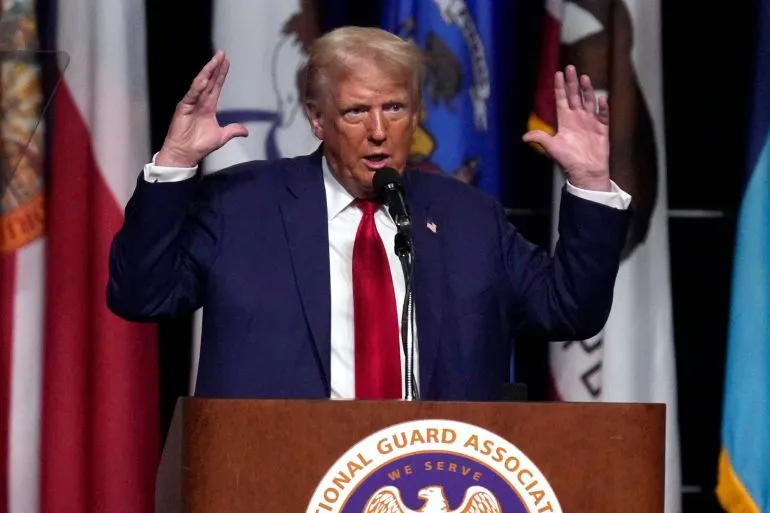Iranian hackers, believed to be associated with the country’s Revolutionary Guard, have been actively attempting to infiltrate the WhatsApp accounts of presidential campaign staff members, according to Meta Platforms. The hackers, posing as tech support agents from companies like AOL, Microsoft, Yahoo, and Google, sent suspicious messages to individuals who quickly reported the activity to Meta’s investigators. The activity was linked to the same network responsible for a reported hacking incident involving former President Donald Trump‘s campaign, and the FBI has confirmed that the hack was part of a broader Iranian effort to interfere with the US presidential election.
The hackers targeted WhatsApp accounts of individuals in the Middle East, the United States, and the United Kingdom, including political and diplomatic officials, as well as unidentified officials associated with the Trump and Biden administrations. A “small cluster” of accounts was blocked by Meta, and while there is no evidence that the targeted accounts were compromised, the company took the precaution of sharing its findings publicly and with law enforcement and industry peers.

Donald Trump (Image via Getty)
The Iranian hacking group has been targeting individuals linked to Joe Biden and Donald Trump since May, according to a report by Google’s threat intelligence arm. Microsoft had previously released a study revealing suspected Iranian cyber intrusion in this year’s presidential election. US intelligence officials suggest that Iran’s motives for these cyberattacks and disinformation campaigns include confusing and polarizing voters, undermining confidence in the US democracy, eroding support for Israel, and opposing candidates who may increase tension between Washington and Iran.
Iran has vowed revenge against Mr. Trump, whose administration ended a nuclear deal with Iran, re-imposed sanctions, and ordered the killing of Iranian General Qassem Soleimani. Additionally, US intelligence officials say Iran’s government provided covert support to American protests against Israel’s war against Hamas in Gaza, with groups linked to Iran posing as online activists and providing financial support to some protest groups.
The latest revelations highlight the ongoing struggle to prevent and respond to cyberattacks and disinformation campaigns, which have become increasingly prevalent in the political sphere. The involvement of Iranian hackers and the broader Iranian government’s efforts to interfere with the US presidential election underscore the need for continued vigilance and cooperation among governments and private companies to protect the integrity of democratic processes.


























